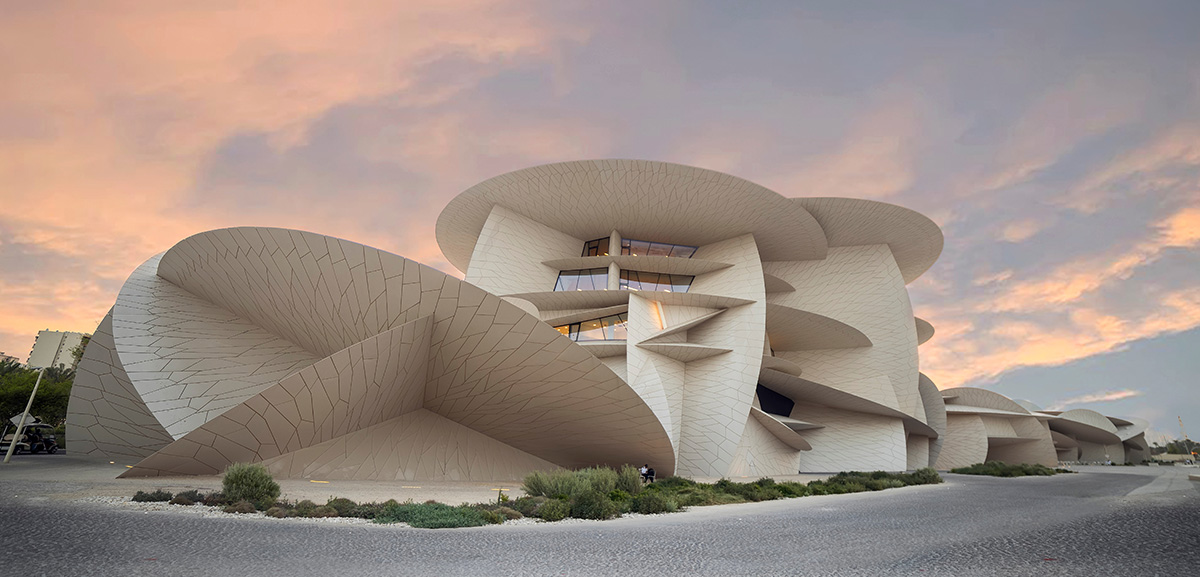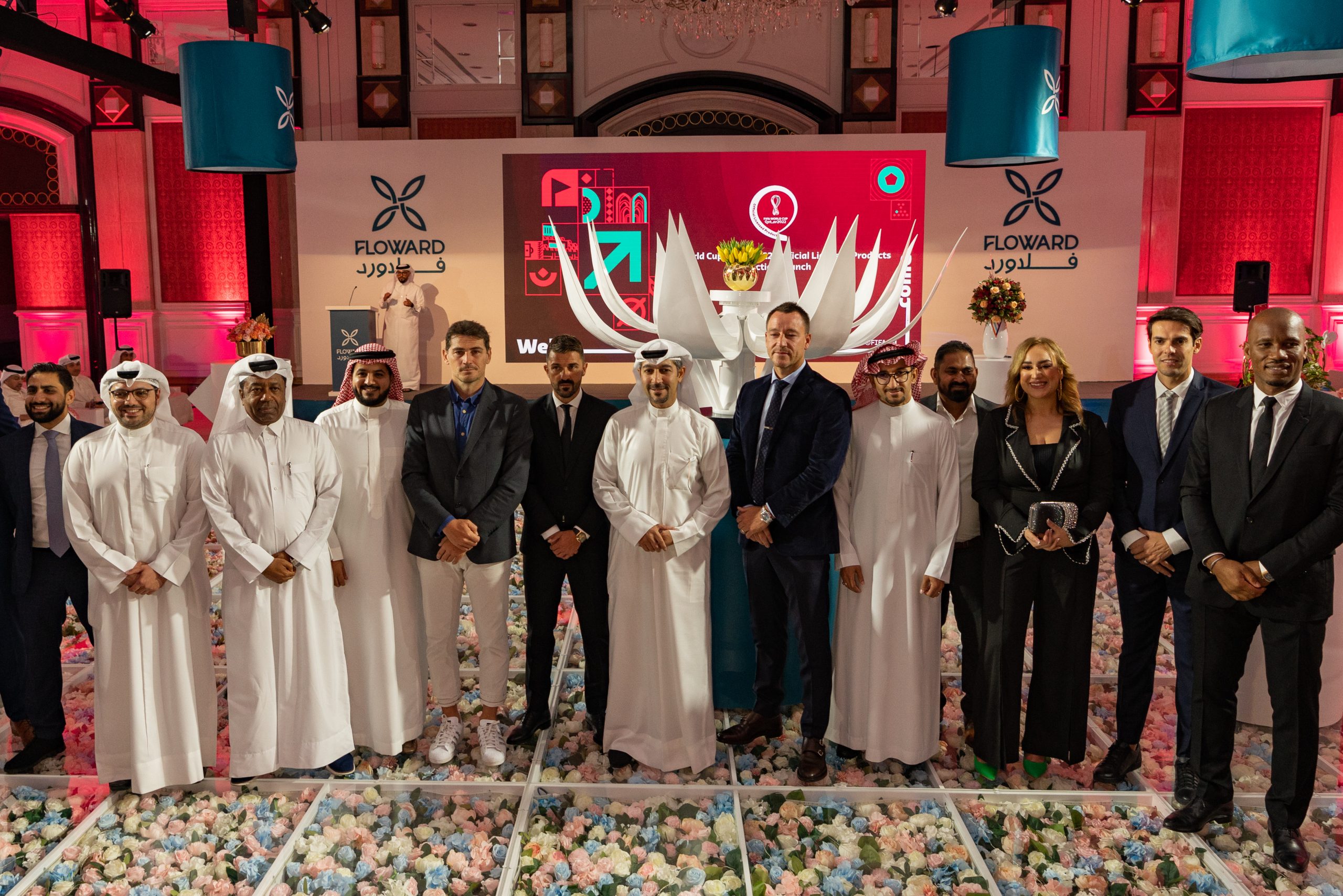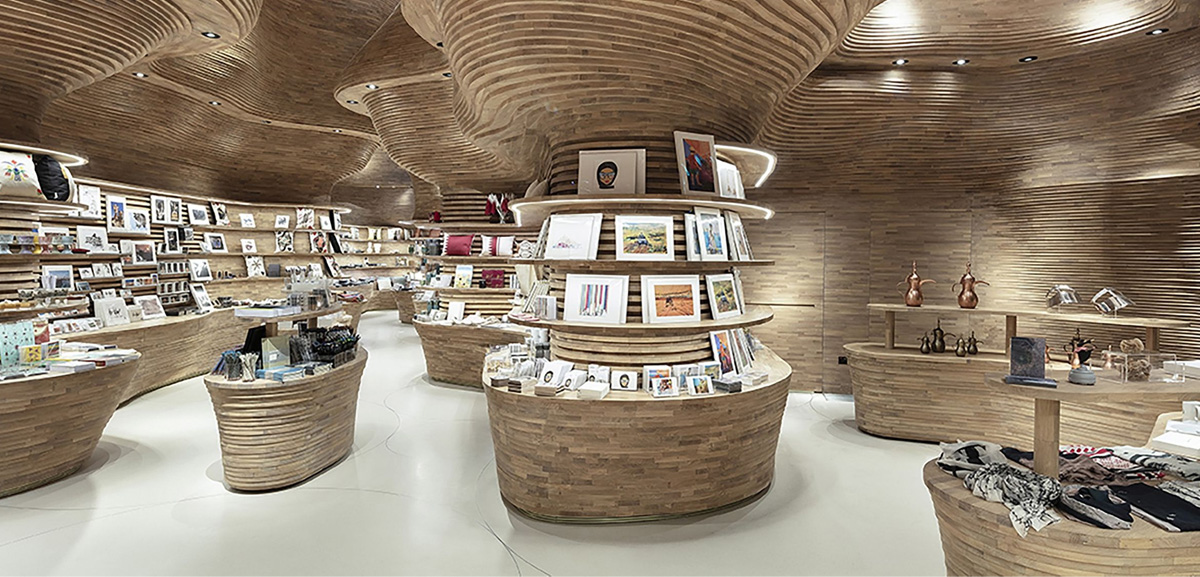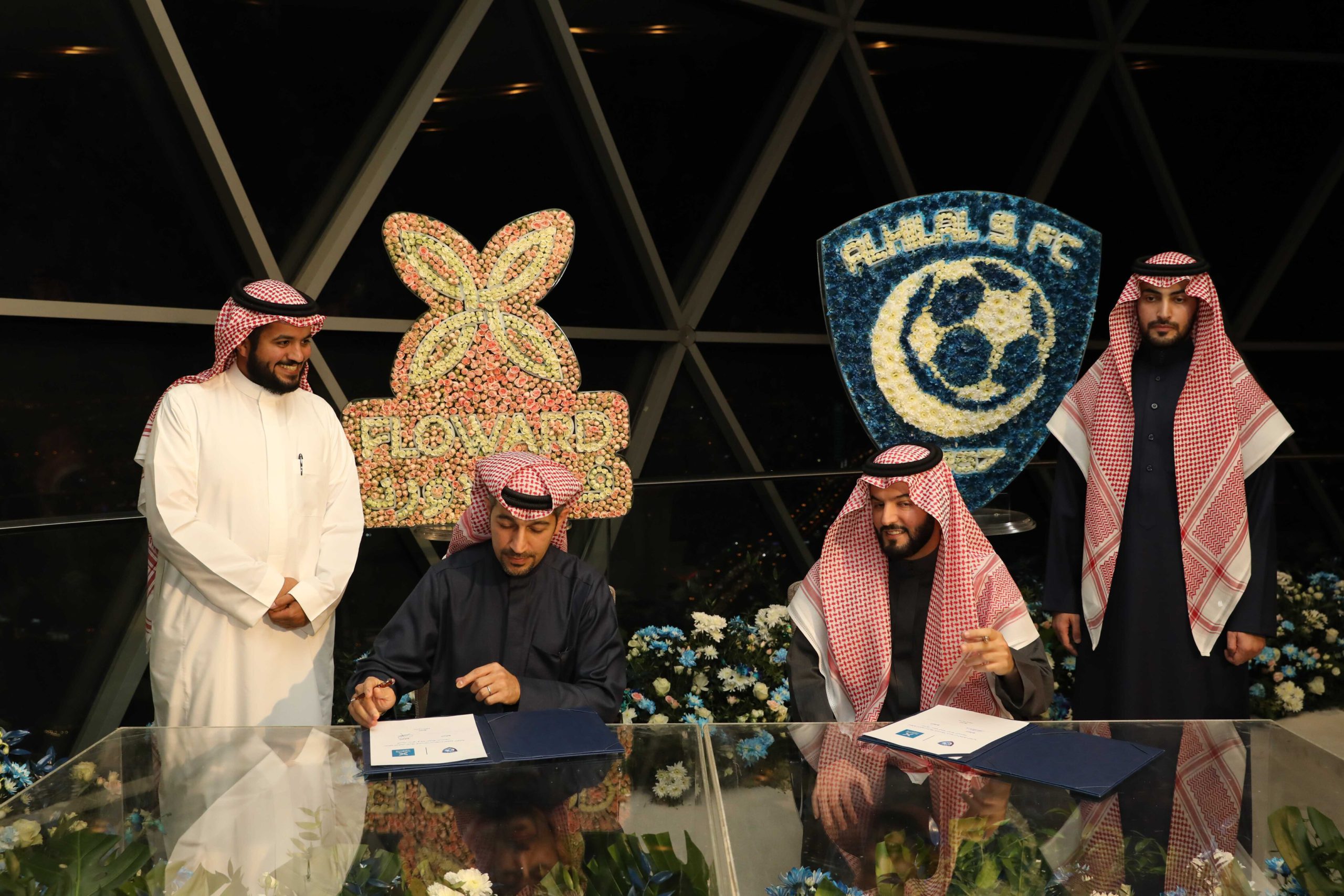The 2018 Commonwealth Games will be remembered for many moments of drama, but arguably its most important legacy will be in helping to bring about a shift in the way sport sees its role in wider society.
It is often said sport and politics should never really mix.
Recent examples include Foreign Secretary Boris Johnson’s incendiary comparison between this summer’s World Cup in Russia, and the 1936 Berlin Olympics in Nazi Germany. Extreme, yes, but it was also a stark reminder of the controversy whenever politics is accused of exploiting sport.
Because, despite such global events being so inescapably political, sport invariably tries its best to pretend the two worlds are somehow kept separate.
Just look at some of the rhetoric used in recent weeks.
Former England footballer Sol Campbell – now a Fifa ambassador – visited Volgograd, one of World Cup 2018’s host cities, and was asked about Britain’s diplomatic boycott of the event after Russia’s alleged involvement in the poisoning of former spy Sergei Skripal. Campbell replied that sport and politics were “almost different galaxies”.
Many believe Qatar’s hosting of the next World Cup in 2022 is just as political as Vladimir Putin’s in Russia.
There is talk Qatar might come under pressure to share the tournament given the current diplomatic crisis with its neighbours.
But tournament chief Hassan Al-Thawadi’s response? That the World Cup would never be used as a political tool. “We believe in separating politics from sports, and elevating sports from politics,” he told AP.
What of Manchester City manager Pep Guardiola’s yellow ribbon on the touchline in support of imprisoned politicians in Catalonia? “We don’t want political symbols in football,” said Football Association chief executive Martin Glenn.
On and on. And this sentiment is mirrored in US sport.
“Our playing field is not the place for political statements,” said Houston Texans owner Bob McNair when asked about NFL players’ kneeling anthem protests.
So, when set against such a backdrop, this year’s Commonwealth Games on the Gold Coast will perhaps be remembered as groundbreaking.
Because rather than shy away from the political issues that have inevitably arisen during the two weeks of competition, organisers have embraced them.
Before the action got under way, Commonwealth Games Federation chief David Grevemberg told me of his hope that the event would provide a “fantastic opportunity to magnify awareness of a host of issues, to take advocacy positions, and connect athletes and sports with the social change agenda; from human rights, LGBT rights, and climate change, to female empowerment and indigenous reconciliation”.
“This is a watershed moment for all of these causes and the Commonwealth is so well positioned because of the complexity of its shared history, its idealism and some of the challenges and opportunities that it faces right now,” he said.
“We absolutely want to be trailblazers for a new movement in sports.
“We’re starting to see a number of these things play out in terms of athletes’ commitments to different causes.”
British diving champion Tom Daley showed precisely what Grevemberg meant. His challenge to the 37 competing nations that still criminalise homosexuality made headlines around the world.
Daley’s comments apply a degree of pressure to the Games authorities. After all, all potential host cities are obliged to uphold the UN’s guiding principles on human rights, taking meaningful action to ensure equality and inclusivity.
So does this mean that a potential host for the 2026 Games, Kuala Lumpur in Malaysia for instance, where homosexuality is banned, would not currently be considered? Rather than shy away from such a contentious issue, as some sports administrators might, Grevemberg welcomes the debate.
“The CGF will not prevent cities from bidding,” he told me.
“Rather, as part of the bid process, we will work with them to look at their local context and laws, and consider how they promote, protect and respect human rights.
“By way of example, Samoa and the Bahamas, hosts of the last two Commonwealth Youth Games, did not have child safeguarding standards in place. We worked with Unicef to instigate change; and as a result, both changed their policy and national legislation to address safeguarding in major events.”
There have been other examples of the Games’ relevance when it comes to social impact these past two weeks.
From organisers encouraging the Rwandan women’s beach volleyball team to wear black armbands to mark the 24th anniversary of the Tutsi genocide, to the prominent celebration of Australia’s indigenous culture in the opening ceremony. This was met with opposition in some quarters, but was a deliberate attempt not to swerve the race issues that Australian society continues to wrestle with.
From the Federation’s support of New Zealand’s controversial transgender weightlifter Laurel Hubbard – despite opposition from some of her rivals – to Gold Coast 2018’s status as the first multi-discipline sports event ever to award an equal number of medals to men and women.
As prominent Australian journalist Tracey Holmes noted, the Games has represented “a determined effort to take sport out of its self-imposed quarantine”. The Federation, she remarked, was that rarest of breeds – “a sports body that embraces politics”.
“Some have said we have been too political with our strong stance towards equality and inclusivity,” acknowledges Grevemberg.
“But it’s not about politics, it is about humanity. That is what we, Commonwealth sport, are about.”
These are important messages for the Games’ leaders to get across of course, at a time when they are having to justify themselves, their relevance, their legacy, and their cost. A few months after just two cities – both British – bid for the 2022 Games.
Amid the ongoing concern about a lack of funding for British basketball, it has been announced £70m will be spent upgrading the Alexander Stadium for Birmingham 2022, an event set to cost more than £750m, but which organisers say will be transformational for the West Midlands.
The Commonwealth Games Federation insists the past two weeks have allowed this symbol of Britain’s colonial past to assert a much-needed new identity – sport with a social conscience. And that positive discussions have already begun with potential hosts for the 2026 and 2030 Games. Those who stage the Games, it says, will now be investing in a brand that aims to leave a lasting impact on the community in some way.
Indeed, BBC Sport understands even the International Olympic Committee – having traditionally seen the Commonwealth Games as something of an irrelevance – has been in touch with officials, indicating it could learn from the Federation’s social programme as it seeks to improve its image amid continuing fall-out from the Russian doping crisis.
The debate around whether such events are really worth what they cost is set to continue, but at least Gold Coast 2018 has shown in a way rarely seen before, that sport need not be so afraid of the outside world.
And at a time when sports bodies are having to repair their reputations after a series of scandals and controversies, that could be just as important a legacy as the medals that have been won.






Leave A Comment
You must be logged in to post a comment.